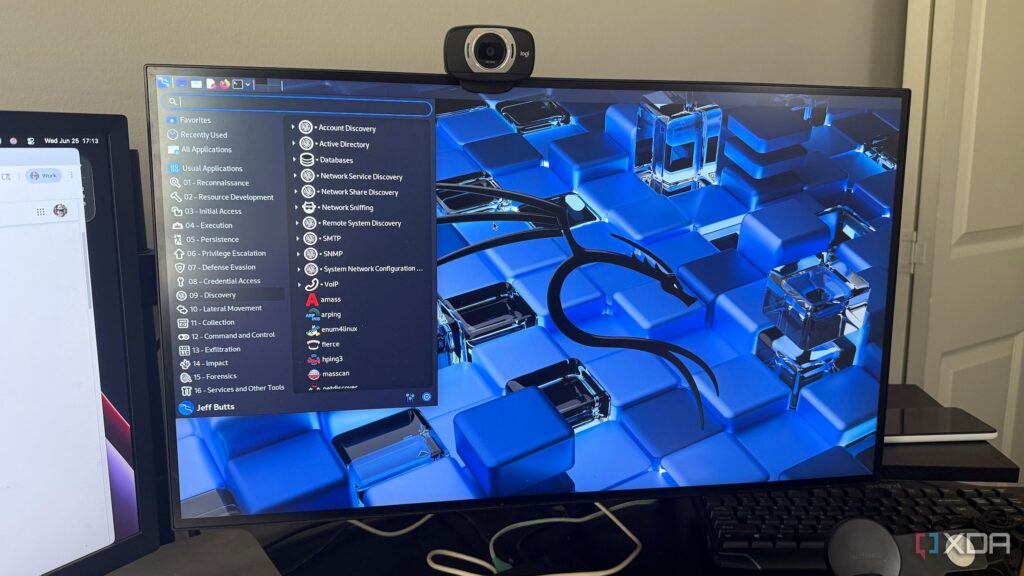
UPDATE: A tech enthusiast has successfully transformed Kali Linux into a powerful home networking multi-tool, offering a new solution for everyday users concerned about their network security. This innovative approach redefines how home networks can be monitored and managed, utilizing the robust capabilities of Kali Linux, which is traditionally seen as a hacker’s toolkit.
Just announced, the project leverages an old mini PC, the MSI Cubi NUC 1M, equipped with an Intel Core i5 processor and 16 GB of RAM, to create a compact yet powerful system. This setup promises immediate access to a suite of around 600 security analysis tools, essential for anyone looking to enhance their home network’s security protocols.
Why does this matter? As more individuals are self-hosting online services from home, the need for robust network security has never been more pressing. By repurposing older hardware with Kali Linux, users can implement advanced diagnostics, monitoring, automation, and security measures without investing in costly equipment.
The transformation process was straightforward, mirroring the installation of any standard Debian-based distribution. After booting from a USB drive loaded with the Kali Linux ISO, users can quickly set up the system, taking advantage of its out-of-the-box experience tailored for networking tasks. The project allows for easy configuration of the OS for incoming connections, enhancing user accessibility.
With tools like Nmap for network mapping, Wireshark for monitoring traffic, and Hydra for password security assessments, users can actively ensure their home networks remain secure. This project exemplifies how technology can be repurposed to meet growing security needs in our increasingly digital lives.
The mini PC’s connectivity options are impressive, featuring two Thunderbolt 4 USB-C ports, four USB-A 3.2 Gen2 ports, and dual 2.5 GbE networking links. This versatility not only makes it suitable for running Kali Linux but also positions it as a powerful firewall solution using software like OPNsense.
For those looking to enhance their networking capabilities even further, integrating tools like Cockpit for visual metrics, Tailscale for secure access, and Pi-hole for ad-blocking can elevate their home network management to new heights.
This innovative transformation of Kali Linux into a home networking powerhouse illustrates the potential of open-source software in everyday applications. As home networking becomes a vital component of modern life, projects like this will likely inspire others to explore similar upgrades, ensuring that network security remains a top priority for everyone.
Stay tuned for more updates on this developing story, and consider sharing this groundbreaking approach to home networking with your community.





